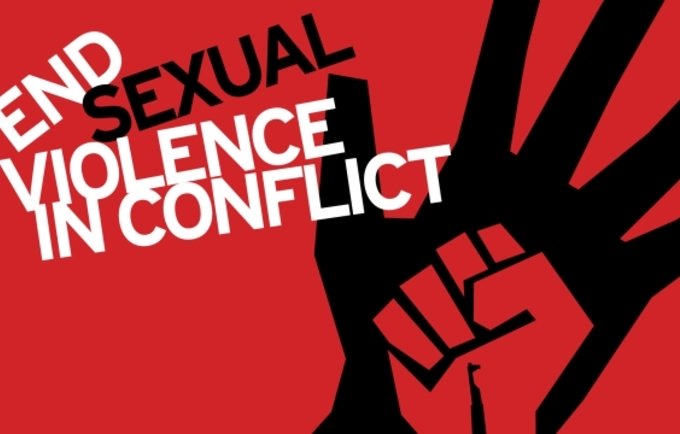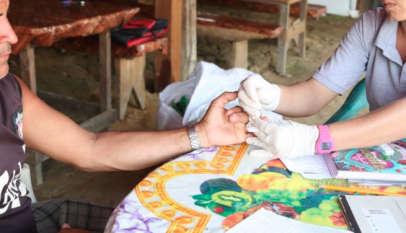Ahead of Day for the Elimination of Violence in Conflict, UN Action rallies members against sexual violence
On the occasion of this year’s International Day for the Elimination of Sexual Violence in Conflict, to be commemorated Friday, the member entities of United Nations Action against Sexual Violence in Conflict (UN Action), a cross-UN initiative that unites the work of 14 United Nations entities with the goal of ending sexual violence in conflict, have expressed their “grave concern at the continued use of sexual violence as a tactic of war, terrorism and political repression.”

Consequently, they called on all parties to commit to ceasing such acts as part of the Secretary-General’s call for a global ceasefire made in the context of the COVID-19 pandemic.
Commemorated every June 19, the International Day for the Elimination of Sexual Violence in Conflict, as proclaimed by the UN, seeks to “raise awareness of the need to put an end to conflict-related sexual violence, to honour the victims and survivors of sexual violence around the world and to pay tribute to all those who have courageously devoted their lives to and lost their lives in standing up for the eradication of these crimes.”
The UN says the coronavirus pandemic had been dramatically impacting the lives of victims and survivors of conflict-related sexual violence (CRSV), as well as all aspects of the Offices of the Special Representative of the Secretary-General (OSRSG) on Sexual Violence in Conflict and OSRSG on Children and Armed Conflict. “Already a dramatically under-reported crime, CRSV has been further obscured by this pandemic. COVID-19 hampers the possibility of survivors to report sexual violence and further exacerbates the existing structural, institutional and sociocultural barriers to reporting such crimes,” says the UN.
UN Secretary-General António Guterres said as the COVID-19 pandemic rages through regions of the world that were affected by armed conflict, survivors will confront even greater challenges. He therefore commended the front‑line workers who were finding ways to support those affected despite lockdowns and quarantines. “We must prevent and end these crimes; place survivors at the centre of our response; hold perpetrators accountable; and expand support for all those affected,” he said.









